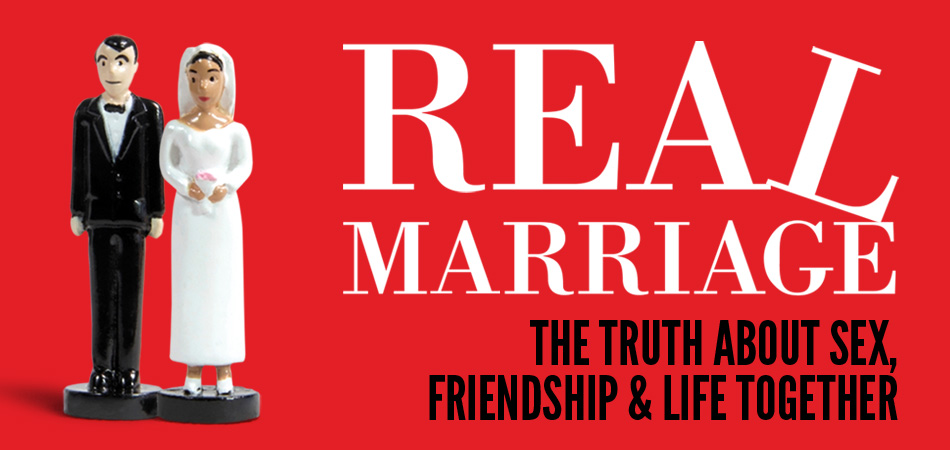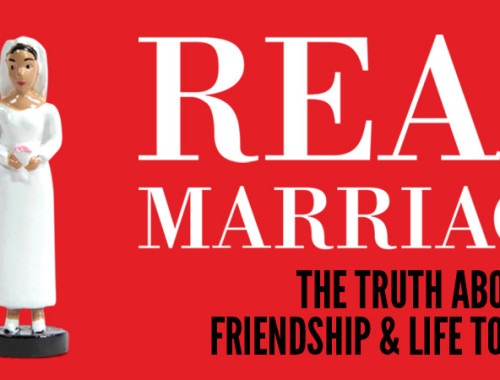With a chapter title like that, you just know how much I loved it. I probably should have expected this chapter to be more infuriating than the one devoted to men, but I didn’t. My marginalia has a lot more “WTF” and “BS” (which stands for both bullshit and benevolent sexism; nice how that one worked out) than the last chapter did– and I wish I could talk about a lot more than I have the space for.
But, today, we’re going to start of with Significant Problem #1:
Mark and Grace twist Scripture to the point of deceit. Or they proof text in order to mislead. Or they use footnotes as if the verses they’re referencing have anything at all to do with their argument. In short: Mark and Grace use the Bible to lie, and it pisses me off. What they’re doing isn’t at all unusual in complementarian circles, because the “biblical” argument for complementarianism is incredibly weak so they are forced to rely on manipulative tactics like these. Unfortunately, these deceptions work on far too many people.
The first time I threw the book today was when I got to page 71, and Grace quotes 1 Cor. 11:7-9 in order to support her argument that women need to be “companions” and “helpers” in the complementarian sense. I have actually written about this exact problem, in a post I’m particularly proud of.
Grace quotes this:
“Man is the image and glory of God; but woman is the glory of man. For man is not from woman, but woman from man. Nor was man created for the woman, but woman for the man.”
And then she stops. Because, if she kept going, she’d eventually run into this:
Nevertheless, in the Lord woman is not independent of man nor man of woman, For as woman came from man, so also man is born of woman.
Grace purposely omits this part of the passage, even though from a grammatical stand point the passage climaxes here. Stopping where she stops would be a bit like me stopping a sentence right before a but. After what she quotes is nevertheless. Nevertheless, (πλήν) as in, “in spite of what has just been said” or “but rather, except.” Quoting a passage in order to prove your point when the author himself says “but” right after the section you’re quoting is … well, I threw the book across the room. Now I just want to type out curse words. It’s wrong and misleading and dishonest and she’s doing this to the Bible, a book they both claim to live their lives by. This isn’t the only instance (she does something similar at least four times), but I have to keep going.
On to Significant Problem #2!
Grace and Mark put all of the responsibility for a healthy marriage and productive life onto wives. In the chapter Mark addressed to men, all he basically said was “don’t be a monster”; he never once uses the word “abuse” even though he describes emotional, verbal, and physical abuse. He didn’t even really take it beyond that into “here’s how to be a decent human being”– he just talks a lot about all the ways men can abuse their wives and then says “don’t be that guy.”
In this chapter, though, Grace has got a lot to say about all the things that a woman has to do.
- She prays for her husband about every single thing he has to do all day long.
- She touches him affectionately, romantically, and sexually.
- She texts him through the day.
- She makes sure the prepare healthful meals.
- She takes up his interests.
- She reads the Bible (71-75).
And while when she’s talking about learning to communicate she indicates this is something husbands and wives have to learn how to do together, “dudes, talk to your wife about what you think a problem is” is something Mark never tells husbands to do. Communication is a two-way street, but they’ve missed that.
And, lastly, Significant Problem #3:
Grace uses the “except if you’re being abused” line.
I wish I could tell you how much I hate that line. I hate it. I hate it more than any other single phrase I’ve ever heard come out of a spiritual leader’s mouth. I have gotten up and left church services because of it, and at this point if I hear it uttered in a sermon and I talk to the pastor afterward and their reaction is nonchalance, I’m never going back to that church. I am done with this phrase.
It is worse than useless. It is dangerous.
It is especially dangerous because of the context of this book. Chapter three spent a lot of time describing abusive behaviors– and not just verbal and emotional abuse, but physical coercion and violence as well. But, Mark never once says “this is what abuse looks like.” He spends the entire chapter minimizing it– personally, I think he has a vested interest in minimizing abuse, because he’s an abuser. There’s no way in hell Grace isn’t going through at home what Mark has been putting his church and staff through for years.
He gets away with it, though, because hardly anyone in our culture understands what abuse actually is. We have the vague thought that it’s black eyes, broken arms, women who “fall down stairs.” But the reality is that my abuser called me Goddamn fucking bitch every single day for almost three years and I never thought it was abuse because he wasn’t hitting me. He would pinch me and twist my fingers like he was playing “Uncle,” and I never thought it was abuse because there were never any bruises.
It is extraordinarily rare for a person in an abusive relationship to understand that’s what is happening. When someone says “oh, if you’re in an abusive relationship, none of this applies to you,” there is basically not a single fucking person who’s going to hear that and think “oh, that means me.”
If you’re about to say something that you think needs to have that disclaimer slapped onto it, then you need to think about it really, really hard. If you know that something you believe could be twisted by an abuser or a victim in order to trap them, then that belief must be re-evaluated, period. A good tree cannot bear bad fruit.
But, Real Marriage makes it so much more worse than that. She tells women that they are commanded to submit to their husbands, even if he makes an irresponsible decision that could be detrimental to both of them (80). She compares a woman submitting to her husband to a child obeying their parents (82). She says that “if your husband isn’t working on his part of loving, you are still called to work on your part of submitting” (84).
But, worst of all, she says this:
If your husband is verbally or physically abusing you, he is not loving or respecting you. If this is an ongoing issue, it should be addressed and stopped immediately by a pastor or trustworthy leader who will listen to you both.
…
There is so much wrong with this. First of all, if you realize that you are in an abusive situation, leaving should be your end goal. Not reconciliation. Not redemption. Not forgiveness. Getting yourself (and children if you have them) safe is your first and only priority, however you need to go about doing that.
Second, Grace’s idea that someone in an abusive marriage should go to a leader “who will listen to you both” is beyond wrong. It is worse than wrong. That “advice” can, has, and will kill people. Anyone who is willing to listen to both a victim and their abuser is an unwise person who should not be sought out or listened to. If they are willing to “listen” to the abuser, if they want to “hear both sides,” they will be used by the abuser to further ensnare their victim. A wise and properly trained counselor who hears “my husband hits me” will not be interested in hearing from the person willing to hit their spouse.
That Grace (and, presumably Mark), think this is a good idea is horrifying.


